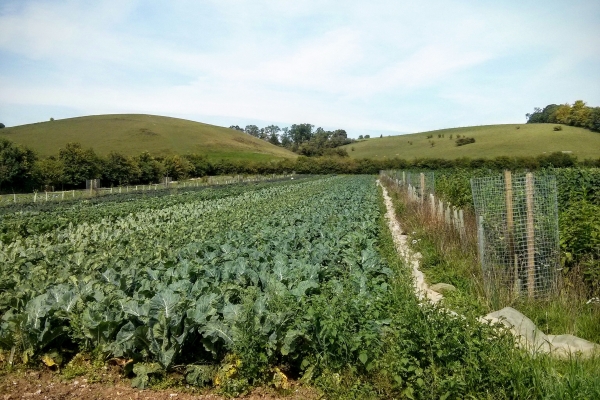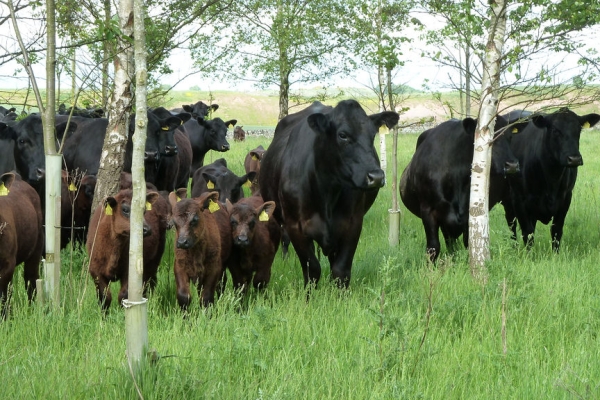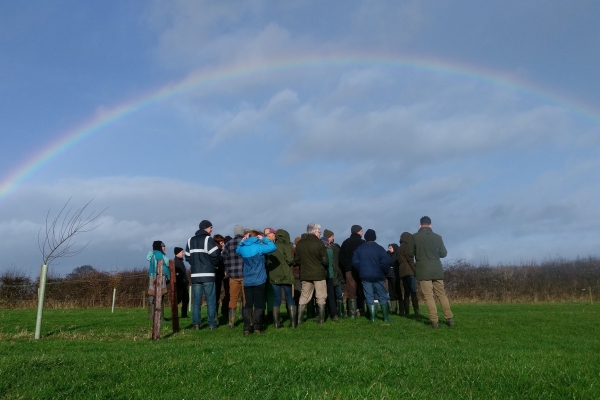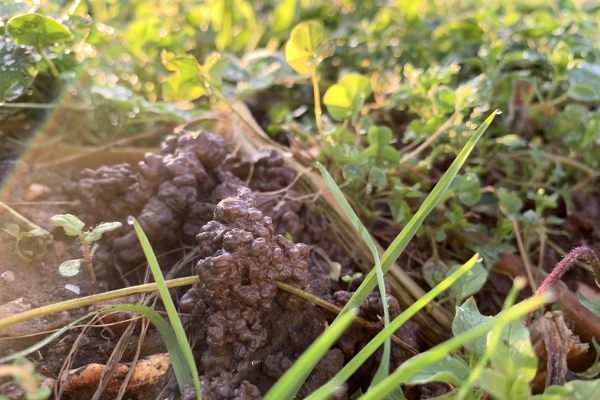Agroecology in Action
Resource explained
This Landworkers’ Alliance publication, funded by the EU Horizon 2020 BOND (‘Bringing Organisations and Network Development to Higher Levels in the Farming Sector in Europe’) project, defines agroecology and then sets out to illustrate agroecology in action through the use of case studies of UK pioneers. The case studies are organised according to the ‘public goods’ that these agroecological farms or organisations deliver to society, and the practices that can be encouraged through agricultural policy, with 2-4 examples highlighted under each category:
- Encouraging biodiversity
- Replacing agrochemicals
- Adapting to and mitigating climate change
- Building soil health
- Promoting closed-loop systems
- Increasing accessibility and affordability of food
- Integrating the community
- Encouraging innovation and education
- Supporting culture and tradition
- Increasing the quantity and quality of jobs
- Encouraging economic resilience
Findings & recommendations
- These case studies provide clear examples of agroecology in action on farms across the UK working towards the creation of a productive and sustainable agriculture.
- Agroecological farms contribute to a vibrant and resilient economy in both rural and urban areas, through creating local food systems which employ more people in higher-quality jobs, and return a higher proportion of income to the local economy. Land is managed in a way that delivers environmental benefits as an inherent part of the whole farm system. Public goods, such as soil health, clean water, fresh air, and a biodiverse ecosystem, will be default outputs of diverse farms. Social benefits are a part of the farm system. Farms help to provide public access to nature and wildlife, public access to fresh nutritious food at an affordable price, and public understanding about where their food comes from, including how to cook it, which can improve public health.
- The authors state “If we have the courage and imagination to create a bold agroecology programme, we can scale these models out to create a food system to feed everyone in current and future generations without destroying the intricate web of life on which we all depend.”
Summary provided by:
Phil SumptionEdited by:
Janie CaldbeckRelated articles
Drawing on global research this article demonstrates how agroecology contributes to enhancing biodiversity and dietary diversity.
Agroecological approaches are an essential part of sustainable intensification, maintaining agricultural productivity and environmental protection.
There is increasing recognition of the benefits of integrated agroecological farming systems but it can be hard to know where to start. In this podcast,...
Cecile Smith share findings from a new LUPG report containing 14 case studies of farmers who adopted agroecological practices and undertook system change on their...
Ten statements / principles farmers have developed that make them successful in developing healthy farming systems, as part of the HealthNetworks Project, and used as...
Agricology's Farm Engagement Officer Matt Smee reflects on his experience of the ORFC (2023) and its contribution to helping build a resilient, equitable and sustainable...






